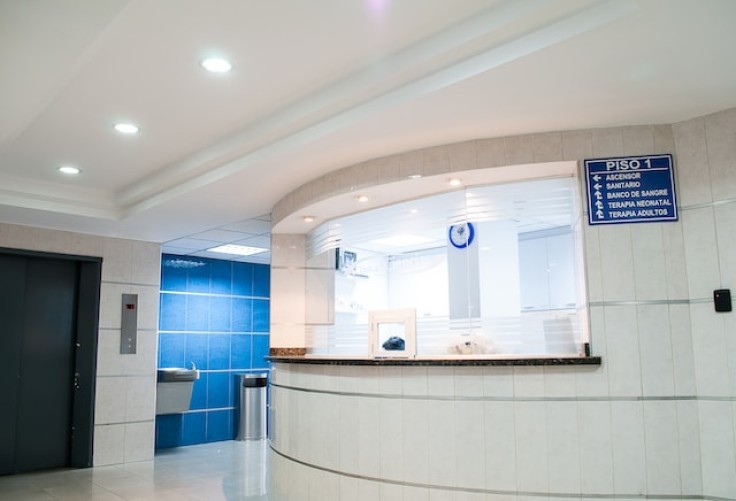
Alisha Alderson, 45, never thought she would have to pack her bags and leave her rural Oregon home just weeks before her due date. When the only maternity ward within a 40-mile radius closed down, she relocated to her brother's house near Boise, Idaho, to be closer to a hospital.
"This was not what we planned. The thought of giving birth on the side of a mountain road terrifies me. We simply don't feel safe being so far away from a birthing center," Alderson said, her voice tinged with worry.
A Nationwide Problem: The Rise of Maternity Care Deserts
Alderson's predicament underscores a growing crisis in rural America: the shutdown of hospital maternity units, forcing expectant mothers to travel long distances for prenatal care and childbirth. The phenomenon has given rise to "maternity care deserts"-regions without obstetric services. In these deserts, more than two million women of childbearing age now reside, the majority in rural areas.
The disconcerting trend isn't without consequences. One study revealed that rural residents are 9% more likely to encounter life-threatening complications or death from pregnancy and childbirth than their urban counterparts. Lack of access to specialized care is a significant factor, experts say.
"There will be people hurt. It's not a matter of if, but when," warned Dr. Eric Scott Palmer, a neonatologist who practiced in rural Tennessee before his hospital ended its obstetric services.
The American Hospital Association reported that at least 89 obstetric units closed in rural hospitals from 2015 to 2019. Causes cited include low birth rates, staffing shortages, and financial constraints. Medicaid reimbursements are often inadequate, failing to cover the real costs of care. At Henry County Medical Center in Tennessee, 70% of the births were covered by Medicaid, which paid a mere $1,700 per delivery, far below what's needed to maintain the unit. As a result, the hospital shut down its OB unit, citing financial necessity.
But the human cost is immeasurable. In the weeks leading up to the closure, expectant mothers like Lacy Kee had to prepare for a 45-minute drive to a hospital in another state for delivery. Kee, who has gestational diabetes, said, "I had to switch doctors and find a hospital out of state. It's disconcerting."
A Call for Government Intervention
Midwife-led birth centers have emerged as an alternative, offering a more intimate setting for childbirth. These centers, however, are often not equipped to handle serious complications, making nearby hospital support crucial. Connecticut recently legalized such centers as a response to the crisis, and they are seen by some experts as a viable part of a broader solution to the issue.
Efforts are underway to address this growing healthcare dilemma. In Oregon, politicians suggested deploying nurses from the U.S. Public Health Service Commissioned Corps as a temporary measure. Although the plan didn't materialize, it opened up discussions on sustainable solutions, such as establishing freestanding birth centers.
As rural communities continue to struggle, families like the Aldersons face tough decisions. "Rural areas shouldn't be stripped of vital healthcare services just because they are small or have a high number of low-income residents," said Shane Alderson, Alisha's husband and a county commissioner. "It's a matter of equity. People can't survive like this."
As the nation grapples with this crisis, one thing is clear: more needs to be done to ensure that every expectant mother, no matter where she lives, has access to the care she needs.